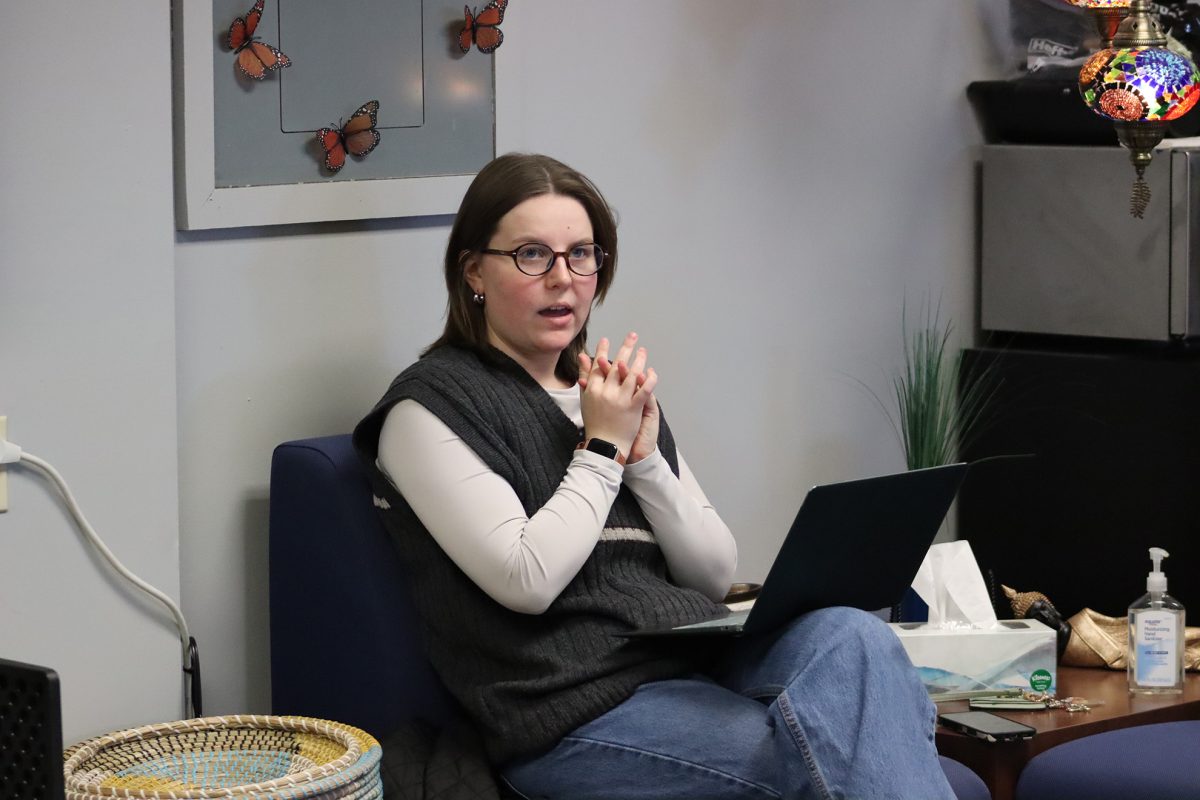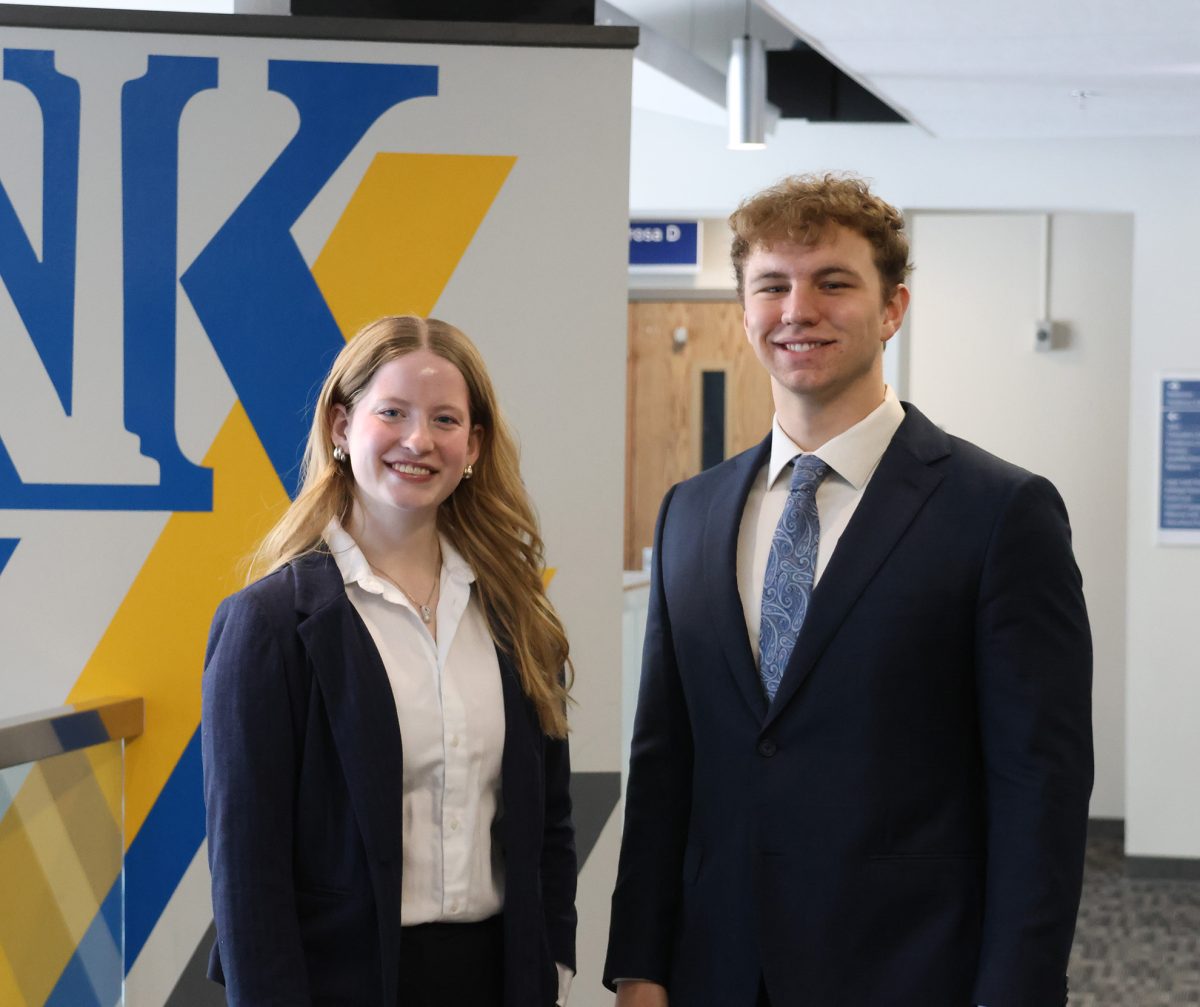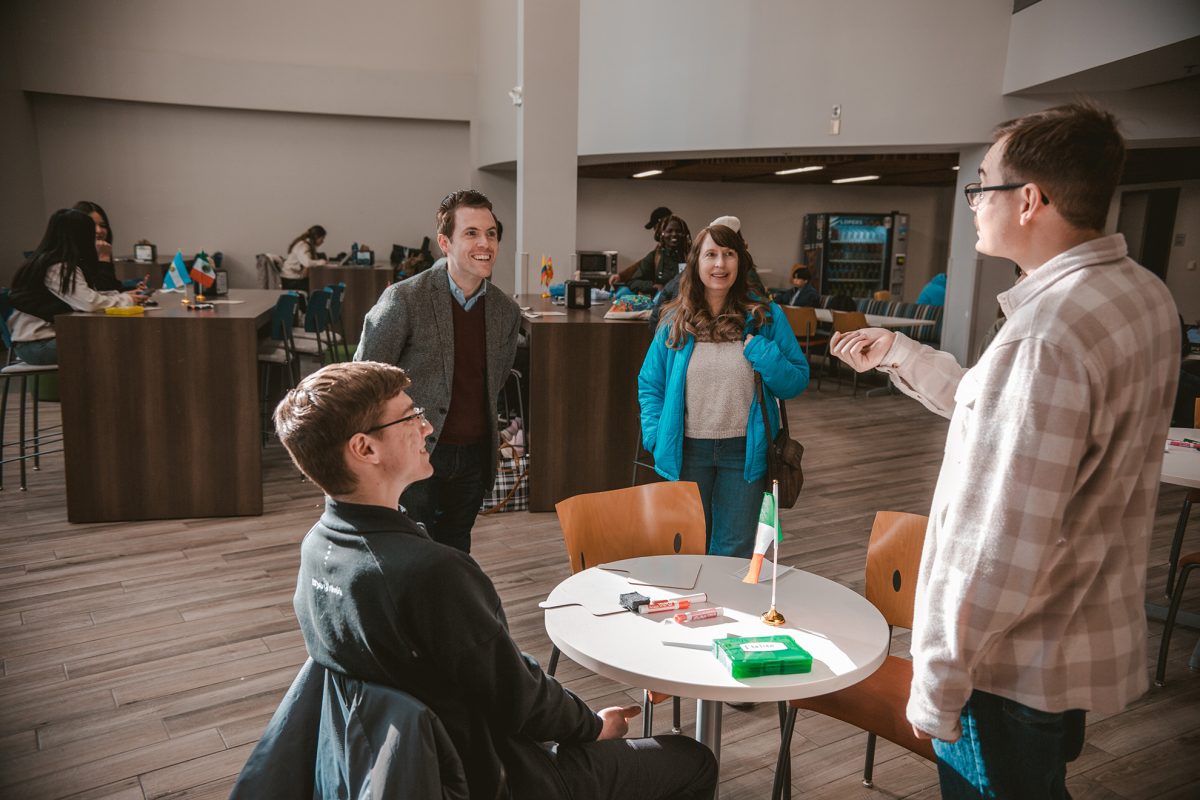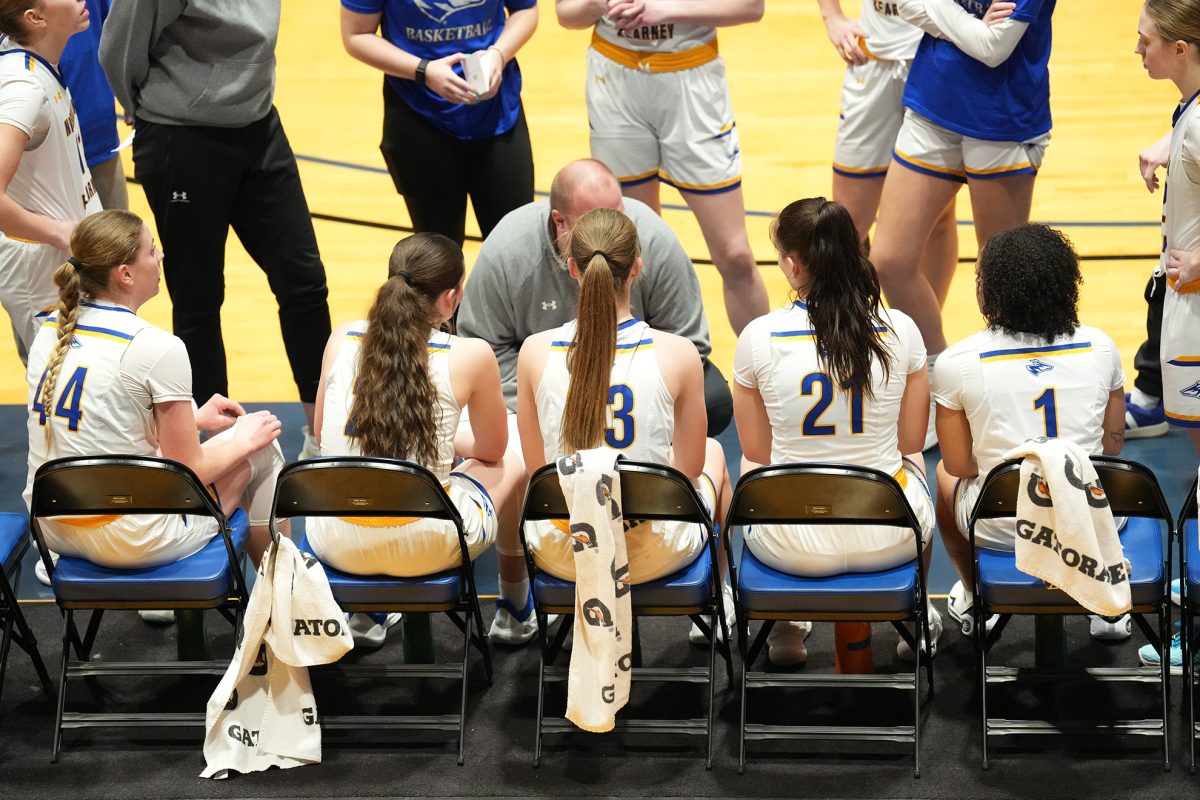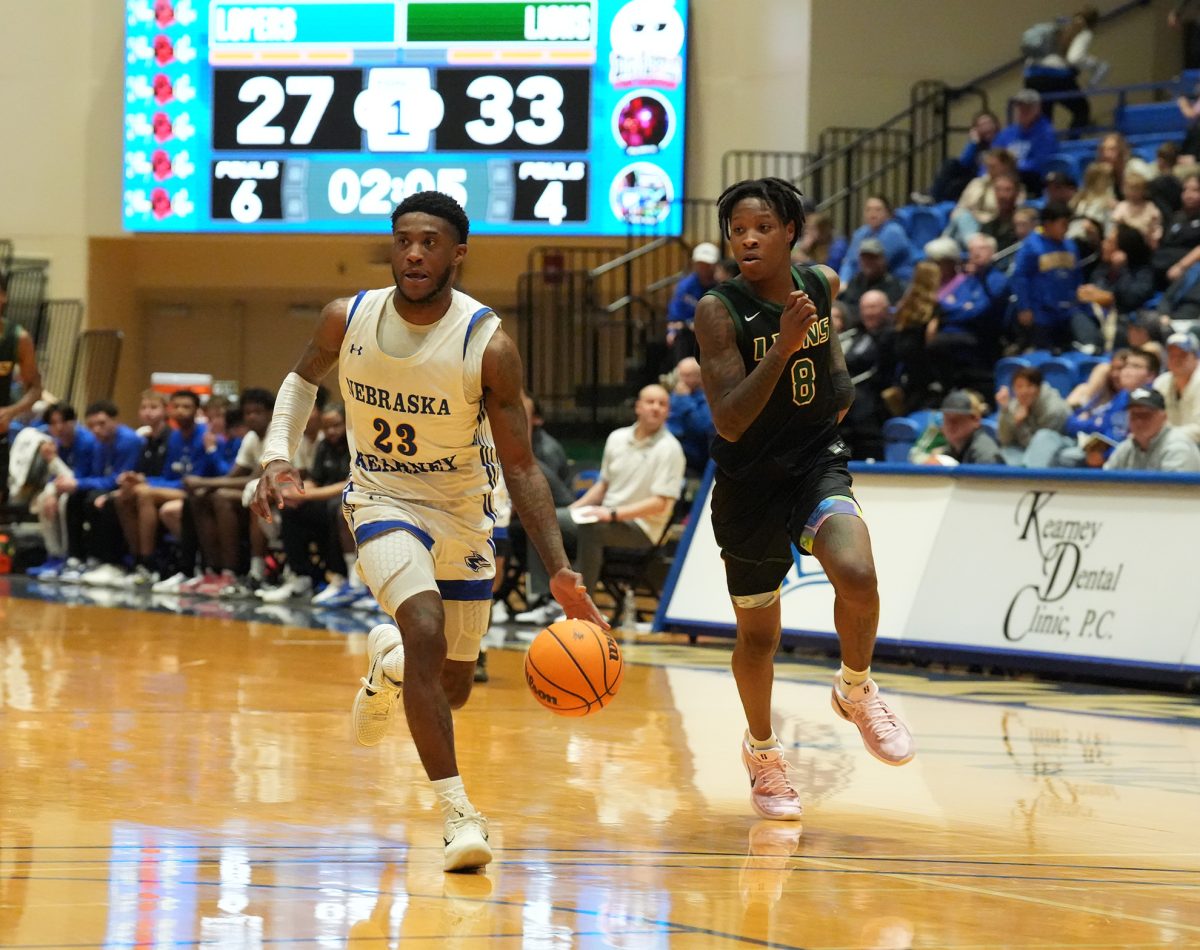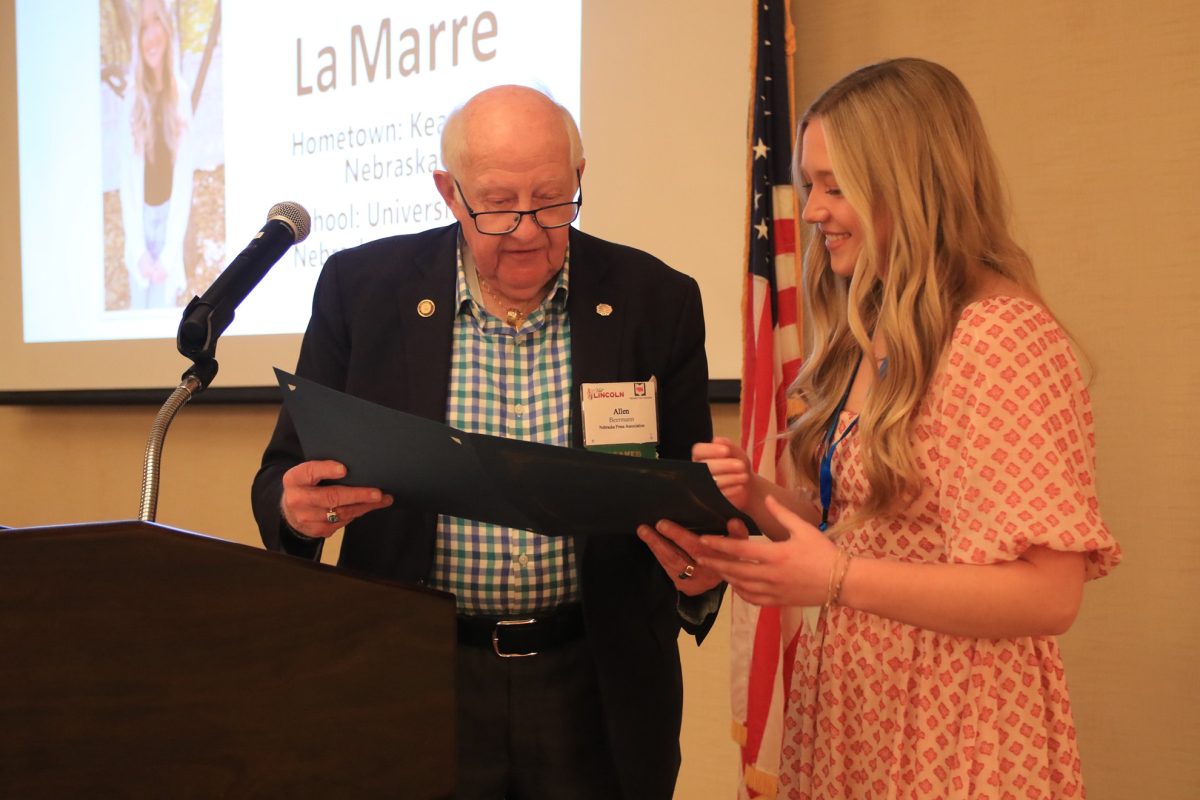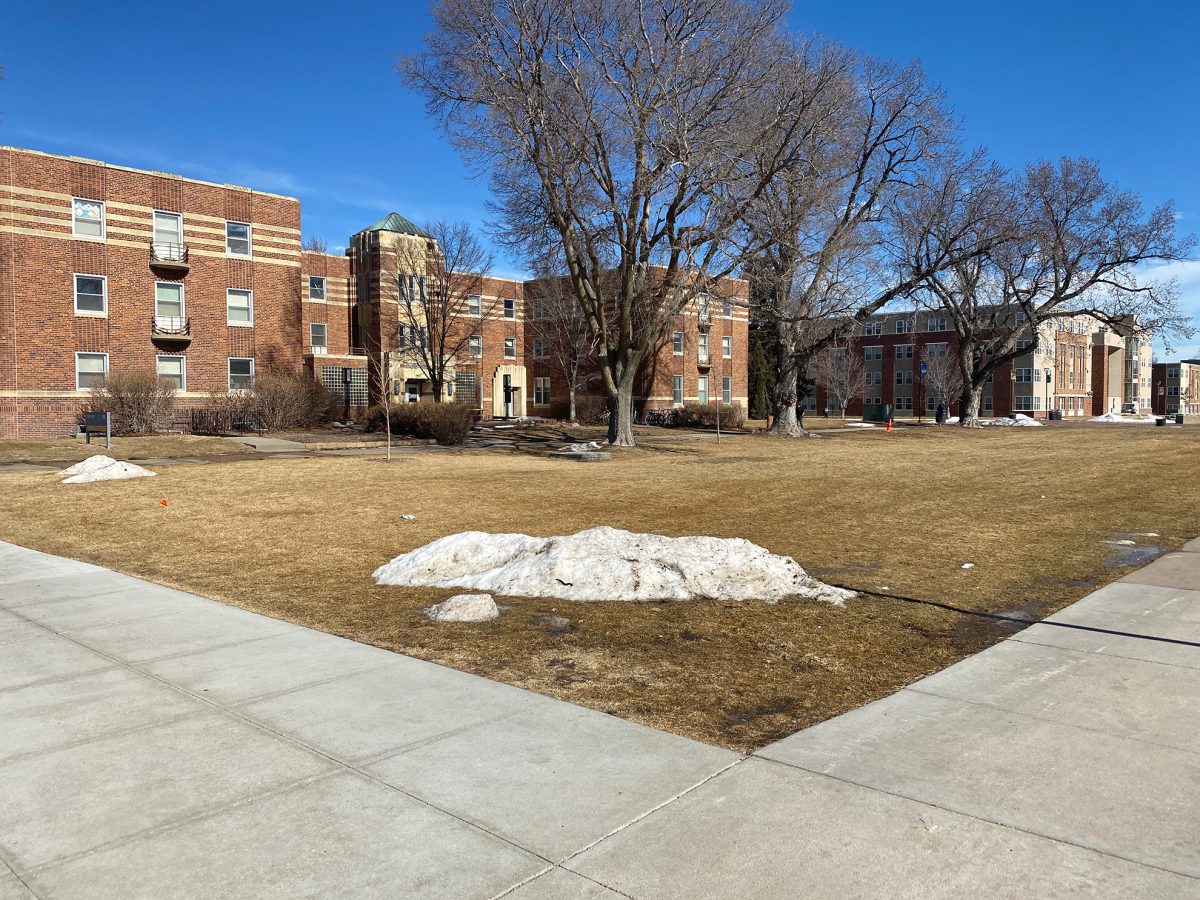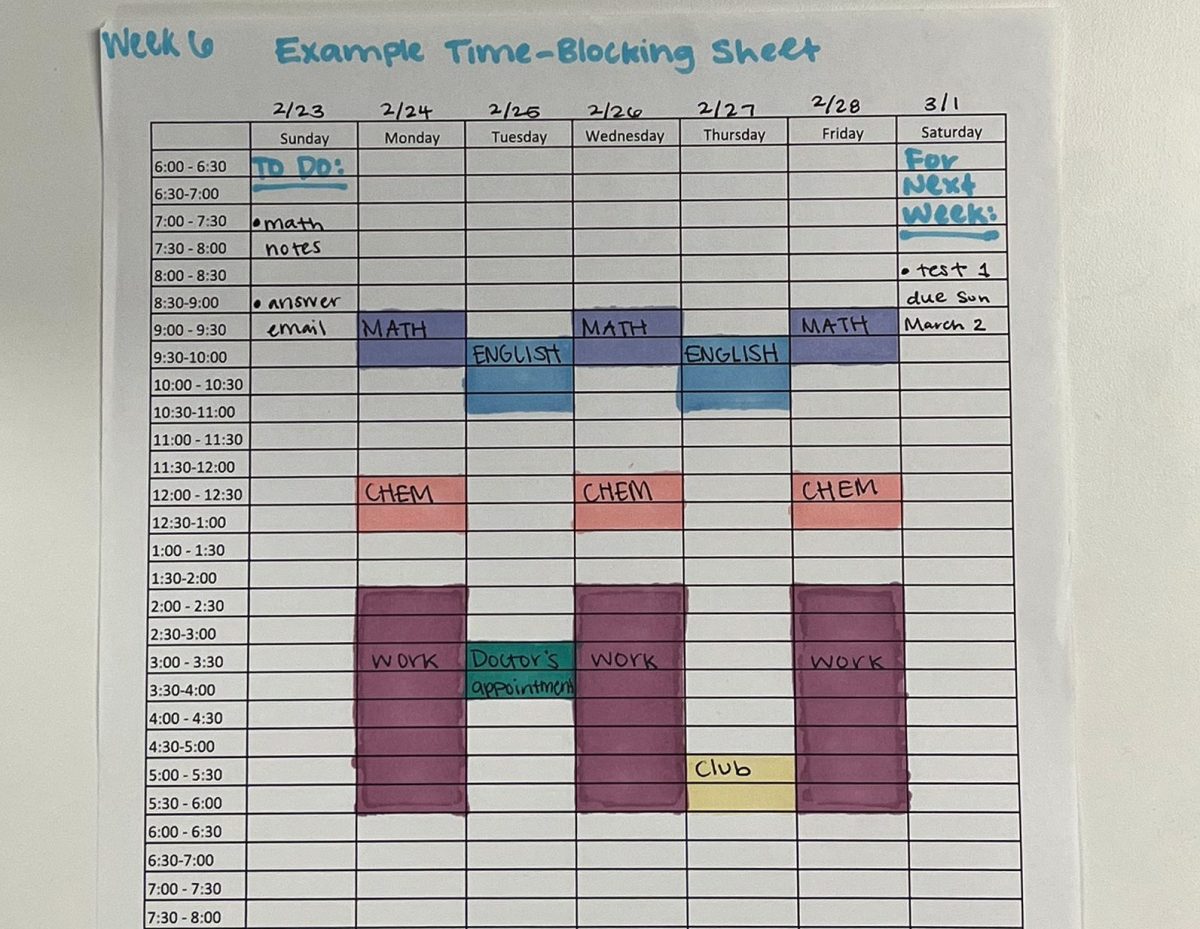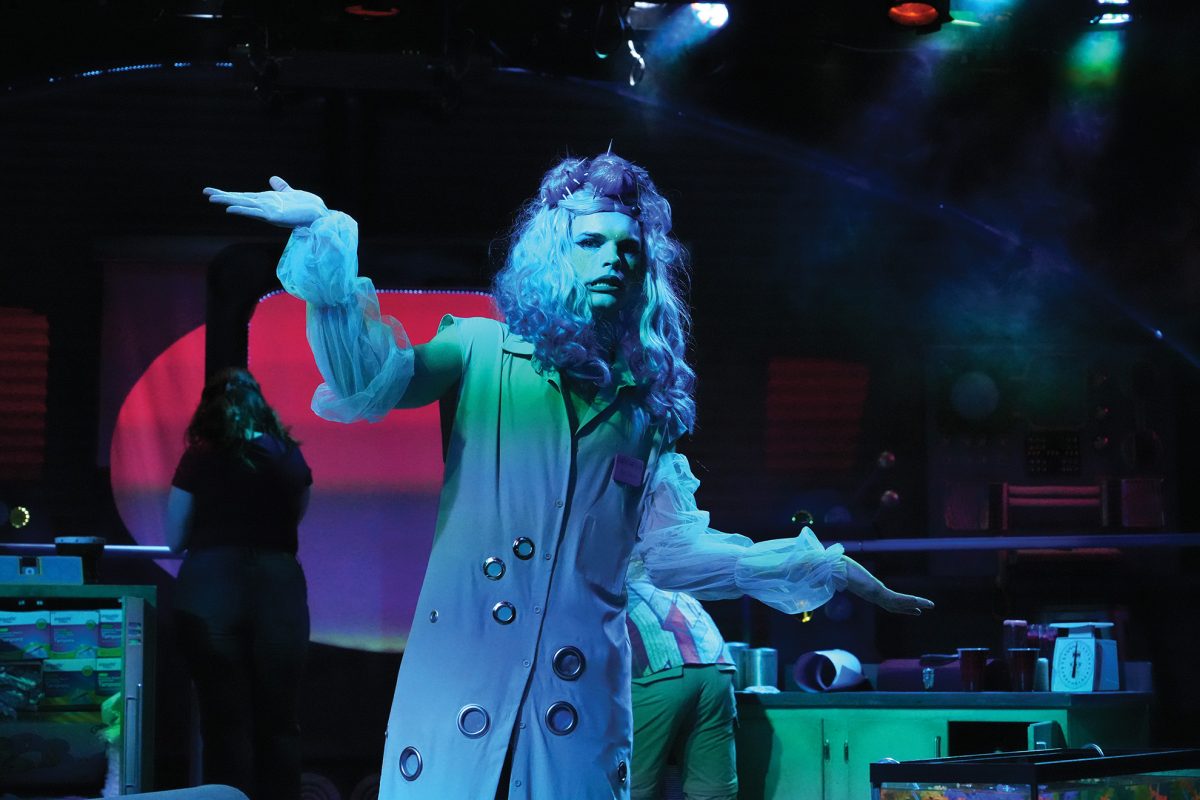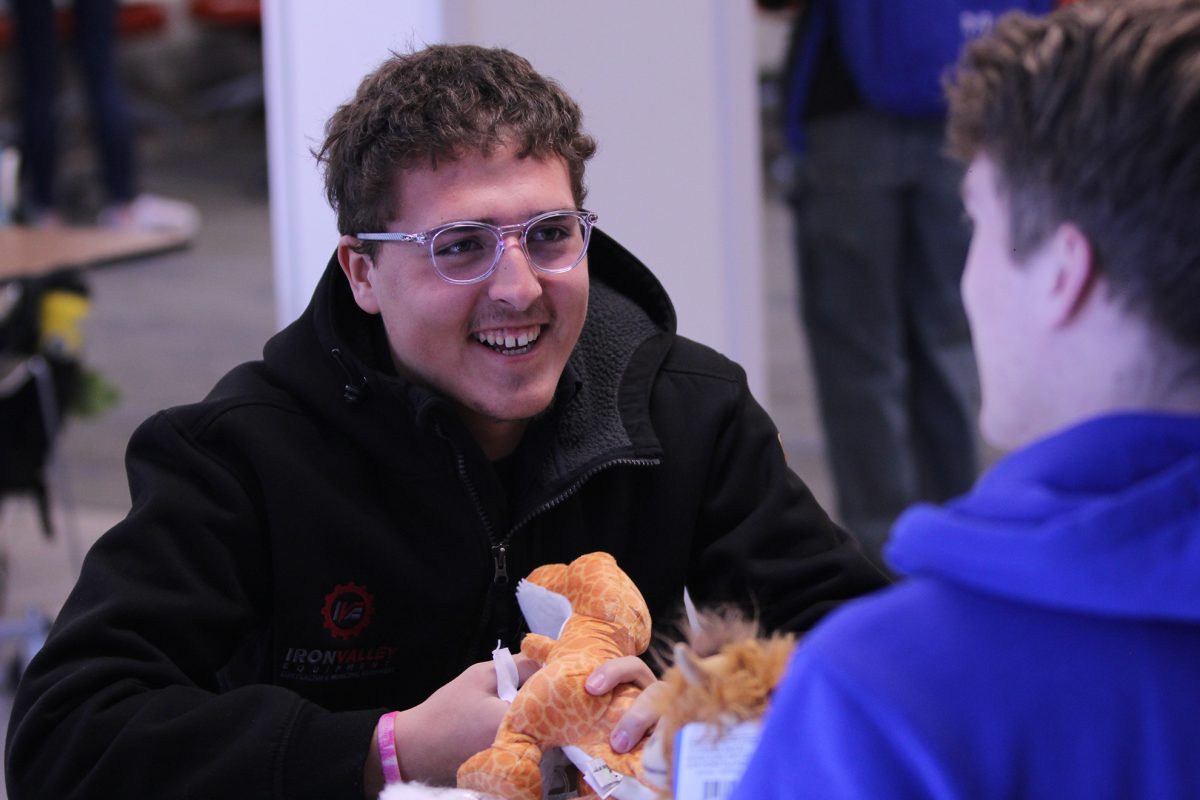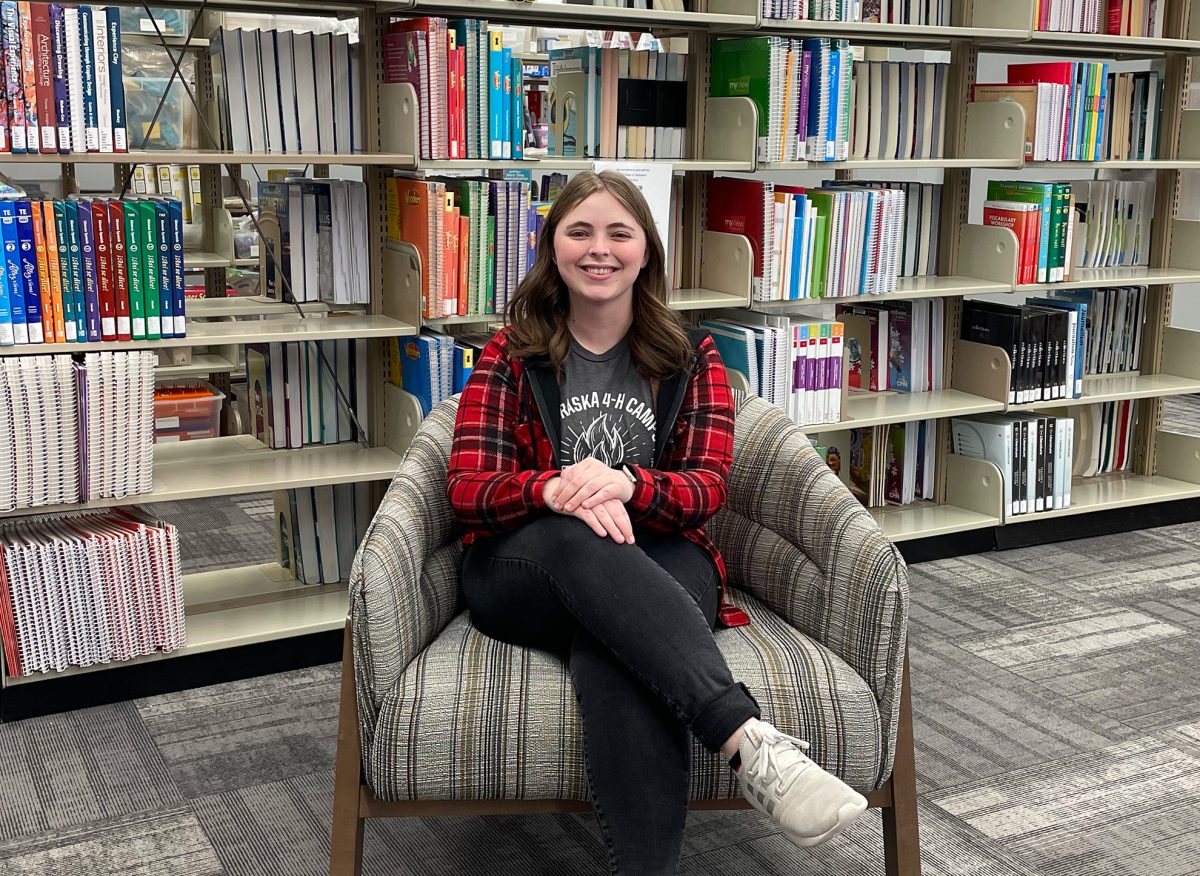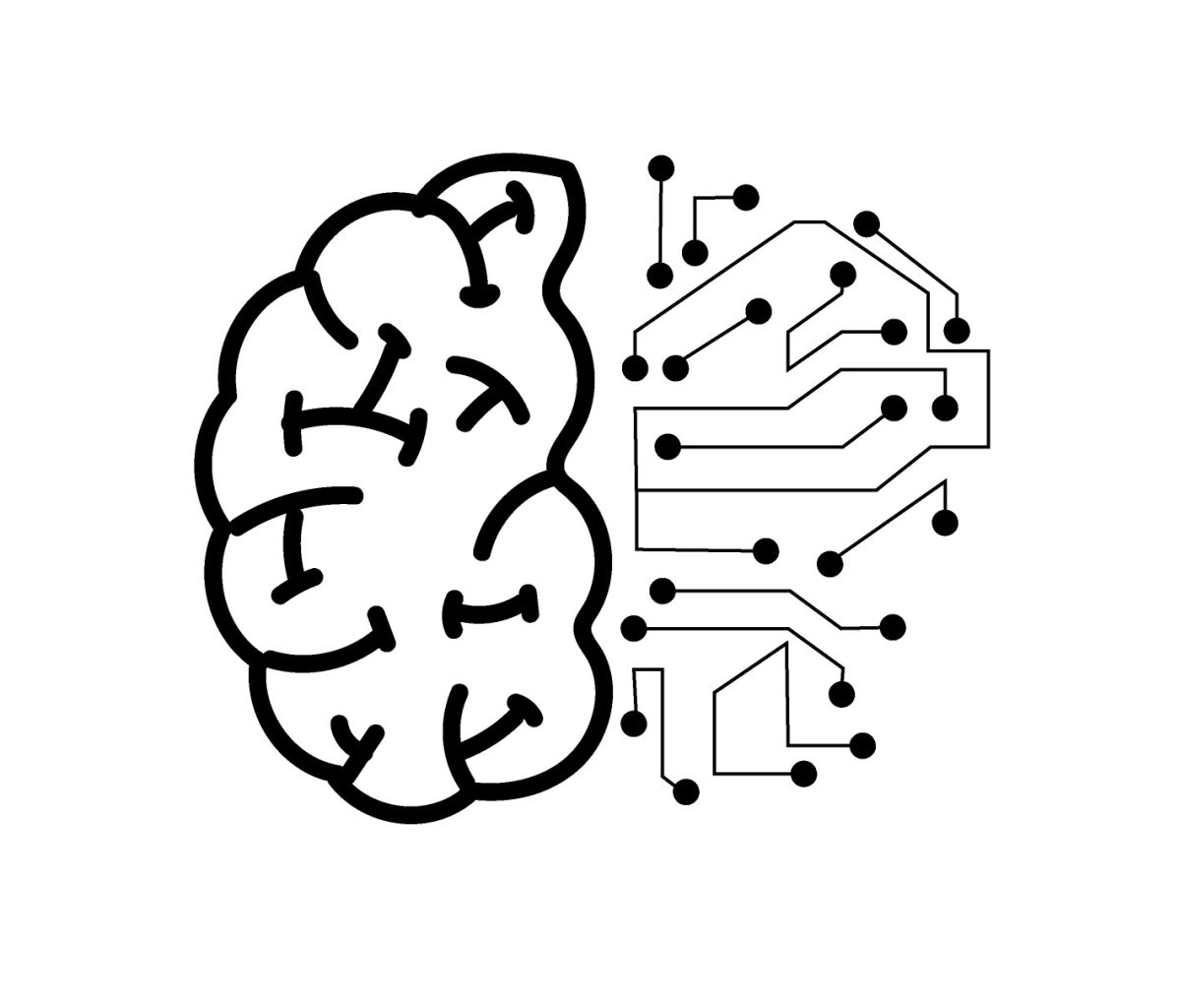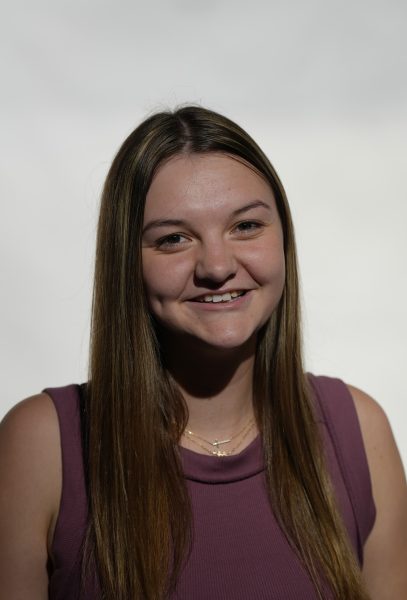In response to rapid advancements in artificial intelligence, the University of Nebraska system has begun an AI task force to address these issues. The task force addresses concerns about AI’s impact on learning and teaching, providing a framework for responsible campus use.
The task force began as an idea last semester and has been progressing since.
“In the spring, the UNK campus had an initial task force that focused on information gathering, an environmental scan to assess strengths, weaknesses and threats,” said David Arredondo, collection services librarian. “We’re also addressing AI’s role in the classroom and curriculum and exploring professional development needs this fall.”
Arredondo is leading a group focused on research and creative activity which is helping develop policies and guidelines to recommend. To create these, discussions with faculty have occurred to determine the pressing questions that must be addressed as soon as possible.
Discussions with faculty have revealed a significant concern about what students can and can’t use AI for, especially in the classroom. Questions are being raised about AI’s impact on students and teaching, while broader issues such as how it can assist staff and improve their functions are also being explored.
These concerns also bring opportunities to enhance the use of this emerging technology.
“There was also a lot of interest from administration, faculty, staff and students who wanted to explore how AI could enhance teaching, learning, research and operational efficiency while being mindful of ethics,” said Megan Adkins, associate dean of the Office of Graduate Studies. “Given the commitment to preparing students for future careers and our role as leaders in academic innovation, it is important to gather diverse minds from across the university to ensure we approach AI thoughtfully and responsibly and with a strong ethical foundation.”
The University of Nebraska system has also implemented a task force focused on AI across all campuses, in addition to UNK’s specific efforts. While UNK’s task force develops guidelines for research, teaching and staff use, the system-wide group works to align AI strategies across campuses.
Collaboration with other campuses has provided new insights while contributing to a unified approach across the University of Nebraska system.
“I think there have been a lot of similar activities happening on other campuses, and we’ve been able to share information with each other,” Arredondo said. “Before we began our spring task force information gathering, UNMC had already done something similar, so we were able to talk to our counterparts there, review their reports and identify what we wanted to explore specifically for our campus.”
Within the larger campus-wide group, Adkins and Arredondo, along with Tim Bartling, the academic technology director, aim to gather insights into AI usage across campuses. A survey recently distributed by UNMC president Jeffrey Gold supported this.
“We have been divided into groups to explore several areas related to AI, including advanced foundational research, applied AI solutions, AI tools and technology, societal and socio-technical needs, professional development and curriculum,” Adkins said.
The task force’s collaborative approach enables campuses to exchange findings and coordinate best practices for AI implementation.
“There’s a lot of intercampus conversation happening within the task force,” Arredondo said. “In the library, for example, we have strong connections with librarians on other campuses, so we are able to have these types of conversations. One of our main concerns is identifying what will be truly beneficial from these efforts.”
The task force’s ongoing work aims to establish consistent AI guidelines across the University of Nebraska system, promoting responsible use on each campus. These efforts will shape the future of AI in Nebraska’s higher education, preparing students and staff to navigate and leverage this technology responsibly.




